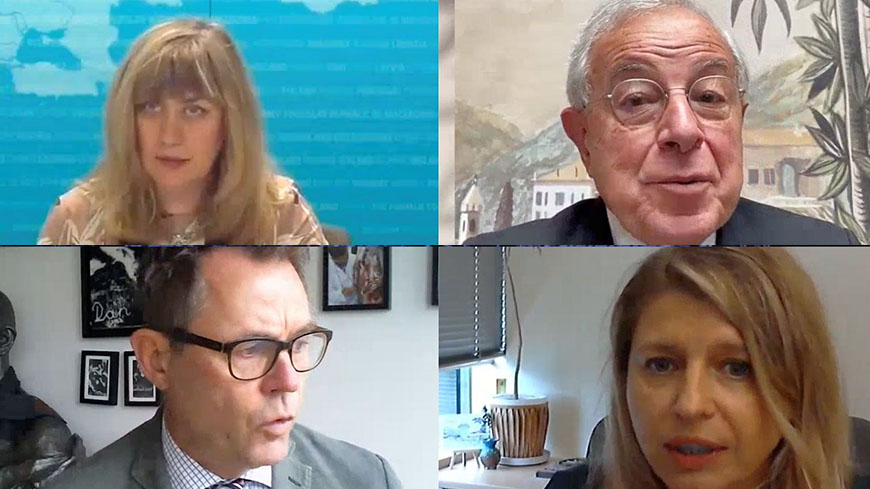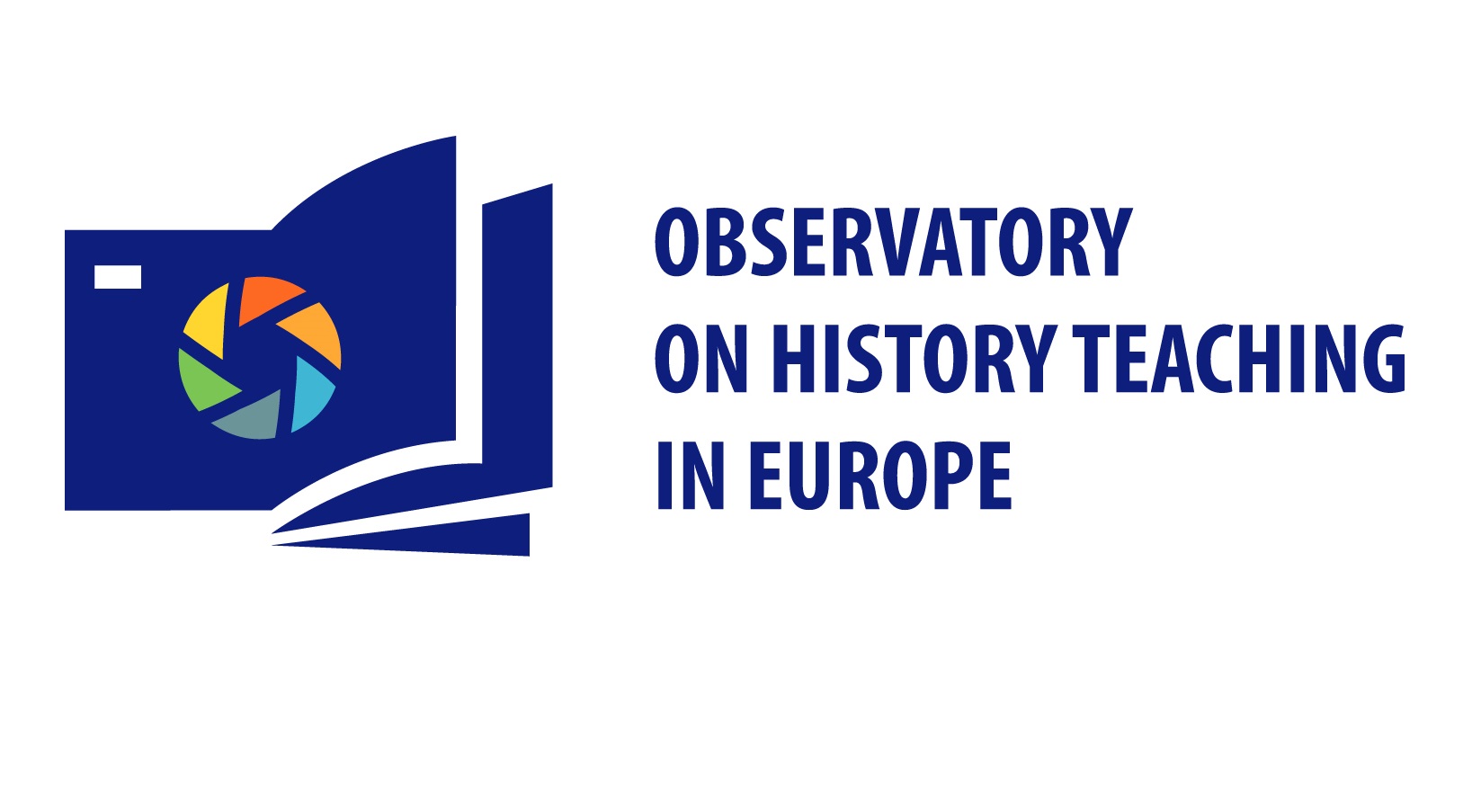The Open Doors Day event was organised in order to share in-depth insights into the work of the Partial Agreements.
The Director General of Democracy Ms Snežana Samardžić-Marković, opened the event by acknowledging the importance of the Partial Agreements within the overall structure of the Council of Europe, noting that their being is a result of “strong political will on the part of the member States” who are party to the various Agreements.
The Director of Democratic Participation Mr Matjaž Gruden opened the discussion by explaining why the Observatory is necessary now. He noted the historical relevance, as the Observatory is based on the 1954 European Cultural Convention, the first major European Convention adopted after the 1950 European Convention on Human Rights. He then highlighted the significance of the education for democratic culture which requires the understanding of history, “If you don’t know the history of Europe then you won’t understand why democracy is important.” Mr Gruden also stated that the Observatory responds to the priorities of the Council of Europe, voiced by the Secretary General, as it acts to combat democratic backsliding and the distortion of history for political gain.
The Chair of the Governing Board, Mr Alain Lamassoure appeared in a video message in which he commended the high-level work conducted by the Council of Europe in the area of history education, as this foundational work will allow the Observatory to facilitate the exchange of good practices in history teaching. Mr Lamassoure explained the objectives of the Observatory, which are to collect data on the state of History Teaching in the member states of the EPA and to publish this information publicly in a harmonised way to facilitate comparisons.
The Executive Director of the Observatory, Ms Aurora Ailincai, went on to outline the structure of the Observatory which encompasses the Governing Board as its decision-making body, the Scientific Advisory Council that ensures the accuracy of its data and the credibility of its reports, and the Secretariat who acts as a coordinator for activities. Ms Ailincai announced that the first thematic report of the Observatory will focus on a highly topical question nowadays: how pandemics and natural disasters are reflected in history teaching. She concluded by offering an insight into the added value of the Observatory, which benefits from its position within an intergovernmental body and the direct connection with the intergovernmental programme on history teaching and with the Steering Committee for Education Policies and Practices. She underlined the Observatory’s advantage that lies within its transversal and multidisciplinary approach to studying history teaching. Its reports will examine a broad spectrum of educational parameters which go beyond the analysis of curricula and textbooks, to learning outcomes and how teachers are prepared and trained. Additionally, the Observatory aims to provide a longitudinal study on how history education has evolved in its member States.
Open doors day 2021 partial-agreements




